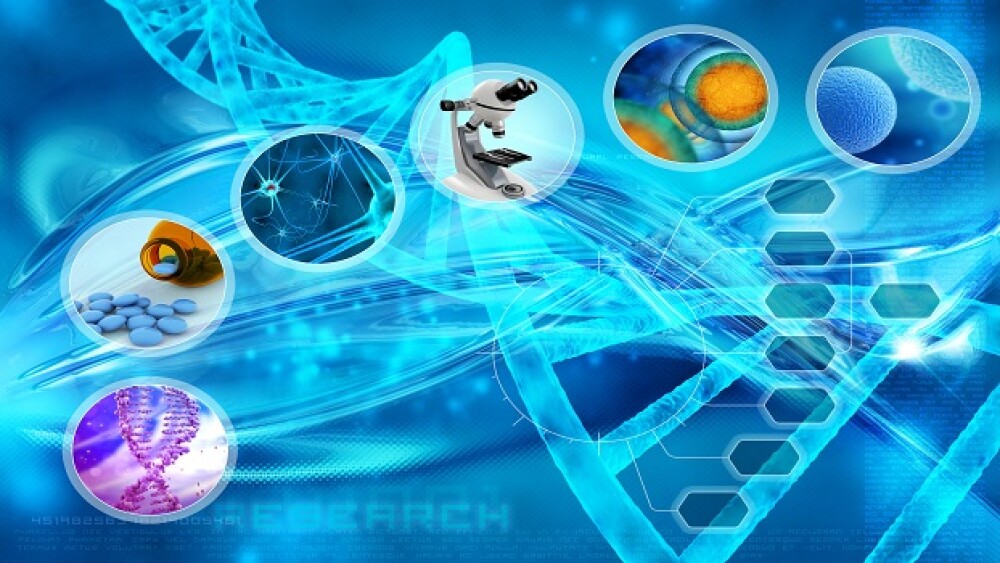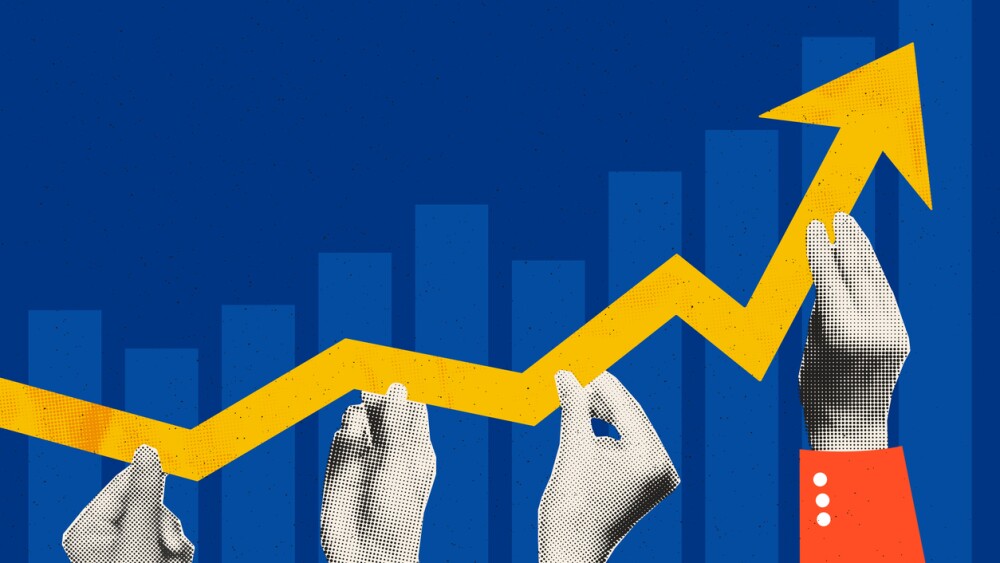There are plenty of great scientific research stories out this week. Here’s a look at just a few of them.
There are plenty of great scientific research stories out this week. Here’s a look at just a few of them.
Breast Cancer Research and Treatment published a study funded by Cancer Research UK that found the majority of women at high risk of developing breast cancer chose not to have prophylactic treatment with tamoxifen. In 258 healthy women in England with a family history of breast cancer, six out of seven chose not to take the drug. The research group was out of the University of Leeds, Northwestern University, University College London and Queen Mary University of London. Guidelines suggest physicians offer tamoxifen for five years to premenopausal women at high or moderate risk of breast cancer unless they’re at high risk of thromboembolic diseases or endometrial cancer. But the study found that women with children were more likely to take tamoxifen prophylactically than a group without children, and that there appeared to be no disparities based on social-economic status.
A paper in the journal Science Translational Medicine outlined a mobile lab-on-a-chip diagnostic device that can test for infectious diseases in low-resource settings from a drop of blood. The device is called the MR Box and was developed by scientists at the University of Toronto. About the size of a shoebox, the MR Box was evaluated at a refugee camp in Kakuma, Kenya, where it tested for measles and rubella. The researchers indicate that once fully developed, it should be able to test for other antibodies for other pathogens.
“That is the dream, that this type of system with its flexibility could be sent out into the world and really be used very flexibly depending on the conditions on the ground,” senior author Aaron Wheeler told STAT.
The New England Journal of Medicine published an article about how researchers successfully treated disease caused by a genetic deficiency of ectodysplasin A called X-linked hypohidrotic ectodermal dysplasia (XLHED) by administering a protein intraamniotically to two human twins at gestational weeks 26 and 31, and to a single affected fetus at gestational week 26. The disorder affects the development of sweat glands and can lead to life-threatening hyperthermia. Researchers from the University of Erlangen-Nurnberg, Germany injected a recombinant protein into the amniotic fluid, which within the first two years of birth, appears to have reversed the disorder.
Researchers at The University of East Anglia’s School of Health Scientists published a study in the British Medical Journal that found a possible link between dementia patients and certain types of anti-depressant medications. “We found that people who had been diagnosed with dementia were up to 30 percent more likely to have been prescribed specific classes of anticholinergic medications,” George Savva, lead researcher, said in a statement. “And the association with dementia increases with greater exposure to these types of medication.”
The researchers evaluated 40,770 patients age 65 through 99 that had been diagnosed with dementia between April 2006 and July 2015, with 283,933 control patients without dementia. The study notes, “The risk of dementia increased with greater exposure for antidepressant, urological, and antiparkinson drugs with an ACB score of 3. The result was also observed for exposure 15 to 20 years before a diagnosis.”
Researchers from the Medical College of Wisconsin presented a study at the Experimental Biology 2018 conference in San Francisco that suggested a link between artificial sweeteners, diet soda and diabetes in rats and in test tubes. The experiments found that both sugar and artificial sweeteners caused interference with glycosylation, a metabolic step where sugars are added to proteins than then affect proteins. Forbes notes, “The research team did find that sugar and artificial sweeteners seemed to affect the expression of different genes differently, which implies that the way that they affect glycosylation may be different. Nonetheless, the fact that both disrupt this key biochemical process raises concerns.”
Not surprisingly, the American Beverage Association jumped all over it, providing a statement for Forbes that said in part, “Scientific evidence, including human clinical trials, has shown that beverages containing low- and zero-calorie sweeteners can be a useful tool as part of an overall weight management plan. Low-calorie sweeteners have been proven safe by worldwide government safety authorities as well as hundreds of scientific studies and there is nothing in this research that counters this well-established fact.”
Microbiome published work by NYU School of Medicine researchers that found that men and women who had one or more alcoholic drinks per day, compared to nondrinkers, had more oral bacteria associated with gum disease, some cancers, and heart disease. The study’s senior investigator and epidemiologist, Jiyoung Ahn, said in a statement, “Our study offers clear evidence that drinking is bad for maintaining a healthy balance of microbes in the mouth and could help explain why drinking, like smoking, leads to bacterial changes already tied to cancer and chronic disease.”





